Roman Polanski's latest movie happens to be about a public figure, once hugely admired, now disgraced, fearing extradition and prosecution and confined to virtual house arrest in a vacation spot for rich people.
- The Ghost Writer
- Production year: 2010
- Countries: France, UK
- Directors: Roman Polanski
- Cast: Ewan McGregor, Kim Cattrall, Olivia Williams, Pierce Brosnan
Did the director, when he shot this film, get a chill presentiment of how personal it was all going to look? Maybe. But it didn't stop him making a gripping conspiracy thriller and scabrous political satire, a Manchurian Candidate for the 2010s, as addictive and outrageous as the Robert Harris bestseller on which it's based. Polanski keeps the narrative engine ticking over with a downbeat but compelling throb. This is his most purely enjoyable picture for years, a Hitchcockian nightmare with a persistent, stomach-turning sense of disquiet, brought off with confidence and dash.
His leads are Ewan McGregor and Pierce Brosnan, actors from whom Polanski gets the best by keeping them under control. McGregor is the journo, never named: cynical, boozy and miserable in the classical manner. He makes a living ghostwriting the autobiographies of raddled showbiz veterans. In the current publishing scene, his business is booming, but even he is astonished to be offered the job of ghostwriting the memoirs of the former British prime minister Adam Lang, now living with his formidable wife Ruth (Olivia Williams) in his American publisher's palatial beachfront home. A possible war-crime prosecution for assisting the rendition of terror suspects means Lang may never be able to leave American soil. And his last ghostwriter has been found drowned – an awful fate that resonates, sickeningly, with TV images of waterboarding. Could it be that the dead man discovered something dangerous about the ex-PM and his super-powerful, super-rich American friends?
Resemblances to Tony and Cherie Blair are very far from coincidental: both Harris and Polanski have clearly calculated that a libel lawsuit would make for an uproarious day in court, precisely the sort of legal appearance that Mr Blair does not care to make, in fact or fiction. This consideration adds a kind of meta-pleasure to the narrative.
Brosnan's Lang is an alpha-ego, substantially accustomed to American mega-celebrity status, smugly nurturing his Blairish sense of entitlement and resentment, yet with a weird blankness and smileyness that resurfaces continually: a Brit tendency to ingratiation that he can never quite conquer. As with Harris's novel, part of the enjoyment is gleefully imagining Tony and Cherie, in the parts of Adam and Ruth, pacing around like characters in some reality TV show from hell. Polanski has a terrific scene in which McGregor drives the dead man's car and the sat-nav "remembers" his previous journey and guides him, ghost-like, to a vital clue. The film incidentally gives us the ghost of the late Robin Cook, fictionalised as ex-foreign secretary "Richard Rycart".
The Ghost Writer may not be a masterpiece, but in its lowering gloom (it rains almost continually) the film has some of the malign atmosphere of Polanski's glory days. And there's a wonderful final image of the windblown London street – faintly hyperreal in the manner of Hitchcock's Frenzy – where something horrible has happened behind the camera. This very involving movie shows Polanski is far from finished as a film-maker.
--
Peter Bradshaw, The Guardian, 12 February 2010


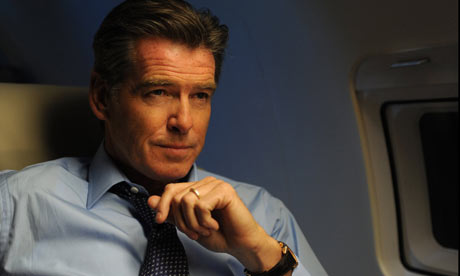


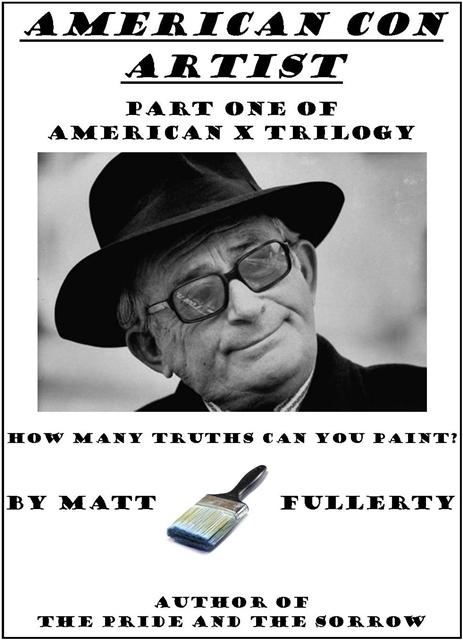cropped.jpg)
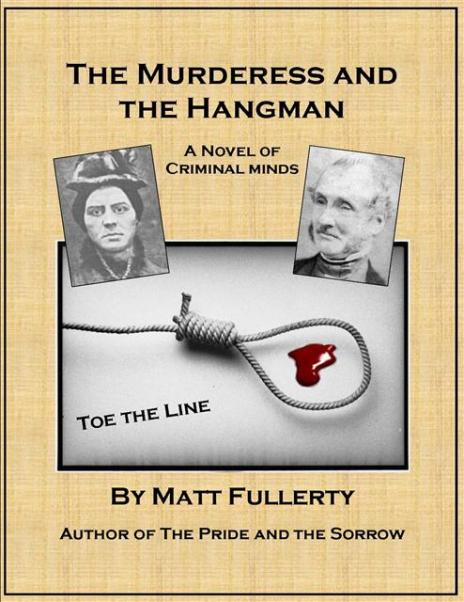.jpg)
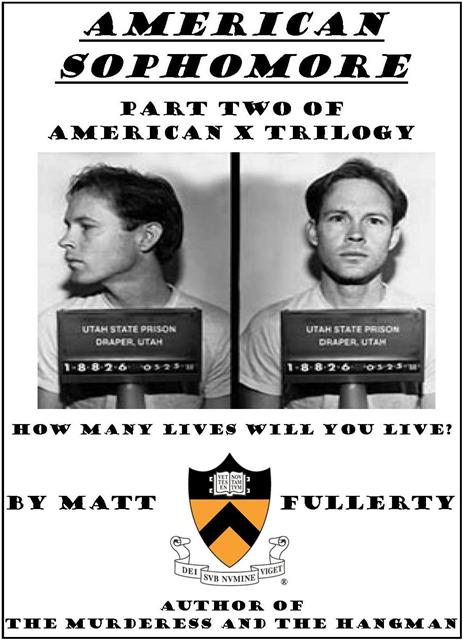cropped.jpg)
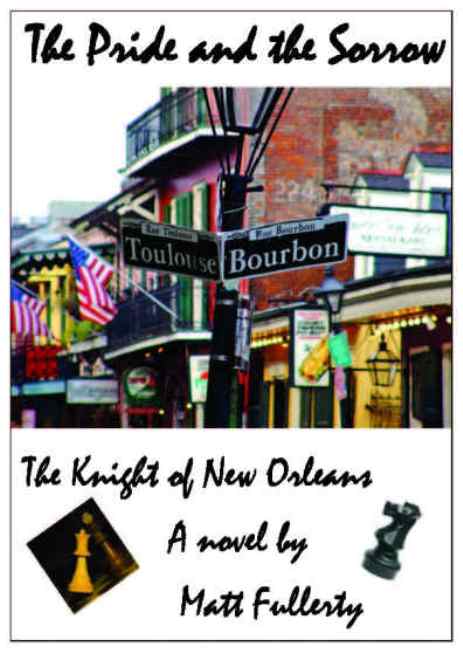2.jpg)
Cropped.jpg)
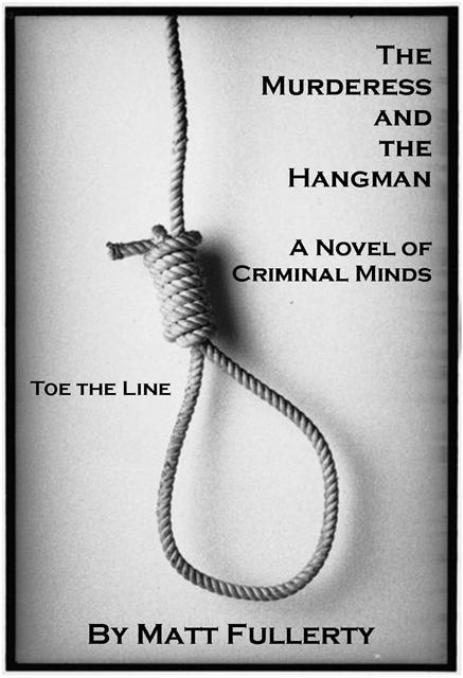cropped.jpg)
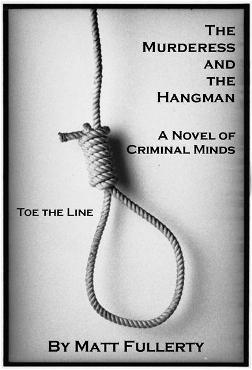4.jpg)






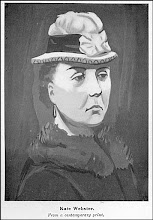
















No comments:
Post a Comment